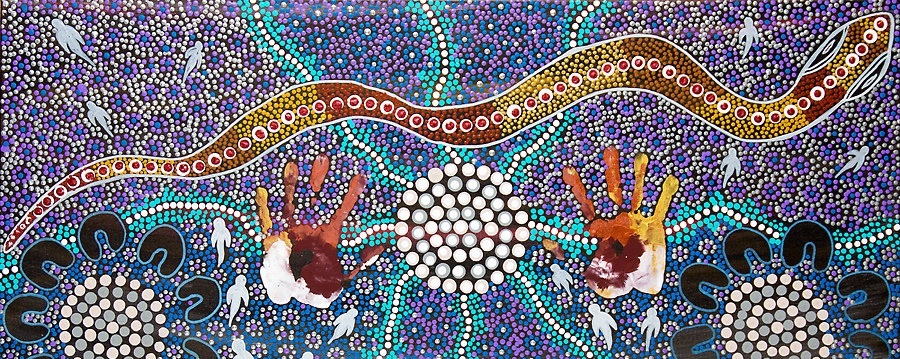This is an old book by the Editors of Writer's Digest called "The Writer's Digest Handbook of Novel Writing",published by Writer's Digest Books, Cincinnati, OH, 1992, ISBN: 0898795079
The book has been lying unread on my shelf for years, so perhaps if I’d read it when I bought it, I might have found it more effective. Still, there were some good parts, but also some awfully stodgy parts. Made up of just under 40 individual articles by various authors (including big name genre authors Tom Clancy and Dean R Koontz) about different aspects of writing, shortest about 5 pages long, longest about 15 pages. Covered a range of writing related topics, from “Five Questions every novelist must ask” to “Negotiating your Book Contract”.
The format had both advantages & disadvantages: in its favour, it was easy to start and finish a whole article in a limited amount of time (e.g. waiting at the dentist etc). Against this format, it was too easy to finish one story and then read something in between articles, so ultimately it took me months to finish the 250 pages in this book. Also, some articles were so negative, they almost seemed to be saying, “don’t waste your time”. Perhaps the authors thought they’re giving the reader (who is likely to be an aspiring author) a realistic view of the publishing industry – which, no doubt, they are, but who needs to be told that when one is following a dream?
Some highlights from the articles might be of interest:
• Write every day – this came up repeatedly, in all different articles. If you are serious about being a writer, MAKE TIME TO WRITE was a mantra throughout the book. Obsess about getting the book finished.
• Turn an idea into a story by developing characters, creating action, and having consequences to the actions.
• Talent + craft = published novel
• Be ambitious, but set realistic goals. State clearly in one sentence what your story is about & where it’s going. Know your characters. Know your genre of choice. Be passionate about your story.
• You can use personal experience in fiction, but it must be:
o Objective
o Have artistic unity
o Have causality
o An awareness of background info
• A novel is about creating a believable facade so that you can tell your story – but learn what to leave out
• Concentrate on finishing one scene at a time – but retain overall unity in your story.
• To create characters readers care about the characters must:
o Experience pain (emotional and/or physical)
o Be in jeopardy (to build tension)
o Have heroic proportions
o Be believable in both past life and motivation
• Use flashbacks sparingly
o Flashbacks stop action
o Can be overused
o Must be brief
o Must be used as little as possible
• Point of view
o Affects everything else in story
o Sets boundaries for stories defining what is possible
o Affects credibility of story (must lead to the willing suspension of disbelief)
o Can be first, second or third person, or omniscient narrator.
• Dialogue
o Presents info succinctly
o Brings immediacy to prose
o Is informal
o Provides change of pace
o Creates character
• A novel must affect a reader. The novelists job is to elicit the required response by selecting & rearranging aspects of reality
• Know your theme:
o Escapism/entertainment
o Emotional effect (e.g. horror = fear)
o Style what is your personal style (e g e e cummings)
o Character (drives story, is plot & action)
o Idea (moral statement, human dignity, social comment, human nature, human relationships or coming of age story)
• Have a scene, and then follow it with a sequel. This gives fiction coherence, moves plot forward and adds suspense
• The art of writing consists of hiding technique. Truly first class work makes the craft of writing invisible.
• Sex scenes must be a natural culmination of what has gone before:
o release of tension between 2 characters
o complication or expression of emotions
o a unification of 2 demanding elements of the story
• Remember not all readers are as verbally orientated as writers are. They don’t want to be impressed by your writing they just want to experience the story vicariously
• Writing is rewriting – always search for perfectionism, the improved way of saying it.
• Do not measure the worth of your writing by money. It is a labour of love and a challenge to your spirit and should be respected as such.
• Novel writing is a marathon of endurance, discipline and heart.
• And finally, from Tom Clancy’s article: Success at novel writing is looking failure in the face and tossing the dice anyway. You may end up being the only person who knows which way the dice came up, but in that knowledge you have something millions of other people will never have, because they were too afraid to try.
### THE END ###
The author asserts all moral rights to this work, except where otherwise indicated by reference or link. Copyright belongs to the author who is the original creator of this work, except where otherwise indicated by reference or link. Should you wish to use any portion of this article contact the author at annvictor@annvictor.com.

No comments:
Post a Comment